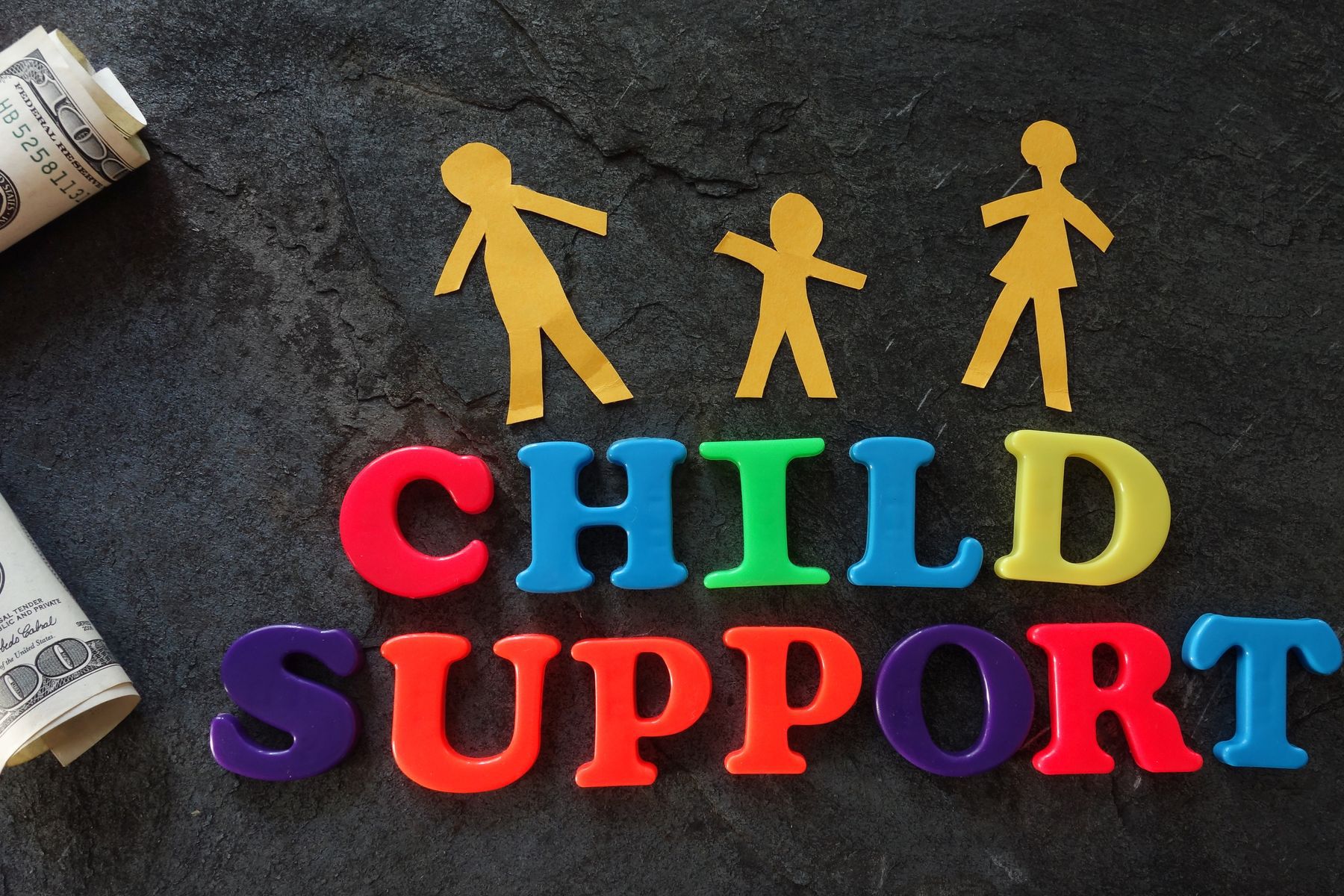If your spouse doesn’t pay you child support, you may find yourself in a difficult situation. Dealing with an ex-spouse or ex-partner who is not helping pay for your children’s needs can be emotionally and financially draining. Fortunately, there is a way to enforce child support orders or agreements so that you receive the payments you expected.
What Is the Purpose of Child Support?
Child support helps pay for expenses associated with raising your child or children. These expenses could include food, housing, medical care, clothing, school supplies, and more. When you get a child support payment, it may feel like your ex is paying you. However, although child support payments are made from one parent to the other, the money is for the child.
Paying child support does not mean that the non-custodial parent cannot see the child or spend time with him or her. Rather, it accounts for the major expenses that the custodial parent takes on, because the child lives with him or her most of the time.
When a parent does not pay child support, it can negatively affect a child’s life and health. Unfortunately, a spouse failing to make payments is all too common. If this happens to you, you have the ability to ask for intervention by the court.
Enforcing a Child Support Order or Agreement
Child support payments are either ordered by the court or agreed to in a contract (like a separation agreement). There are several enforcement methods for court-ordered child support. The first step to enforcing a child support order is to contact a North Carolina family law lawyer. Your lawyer can help you make a formal request to the court for enforcement of the order. The court may agree to enter a judgment against your spouse for the amount of child support due.
Obtaining a judgment establishes that your spouse owes you a debt. The law may permit you to collect the debt by requesting garnishment of your spouse’s wages or other income, levying your spouse’s bank accounts, filing liens on your spouse’s property, receiving his or her income tax refunds, or take other steps to secure payment of the overdue child support. Again, you should speak to your lawyer about the options available to you for collecting the debt.
In addition to issuing a judgment, the judge also could decide to hold your spouse in contempt of court. This remedy is available because violating a court order to pay child support is grounds for being in contempt.
If you have a contract that requires your spouse to pay child support, you have recourse to enforce it too. Instead of seeking enforcement of a court order, you will need to show that your spouse has violated your contractual agreement. Again, speak to your lawyer about whether you need to pursue this option.
When to Take Action
When your ex-spouse misses a child support payment or two, you may decide to ignore it and hope the money comes next month. Sometimes, an ex will pay part of the money and promise the rest later (but the rest never arrives). So, when should you take legal action to seek the missing money?
It may seem accommodating and friendly to let a few missing payments slide. But doing so is a slippery slope. You may find that the payments get smaller and smaller until you start receiving nothing. This can have a negative effect on your child’s well-being in the long term. As a result, it’s important to keep track of any missing or short child support payments and promptly seek legal help.
Let New Direction Family Law Assist You
If you need help with a child support issue, the team at New Direction Family Law is available today to answer your questions. With decades of combined legal experience, our attorneys are knowledgeable, effective, and compassionate professionals. We will help you understand your legal rights and work hard toward your best outcome. We proudly serve clients in Wake, Johnston, Durham, and surrounding counties. Contact New Direction Family Law at (919) 646-6561 to schedule a consultation, or visit us at our website.

